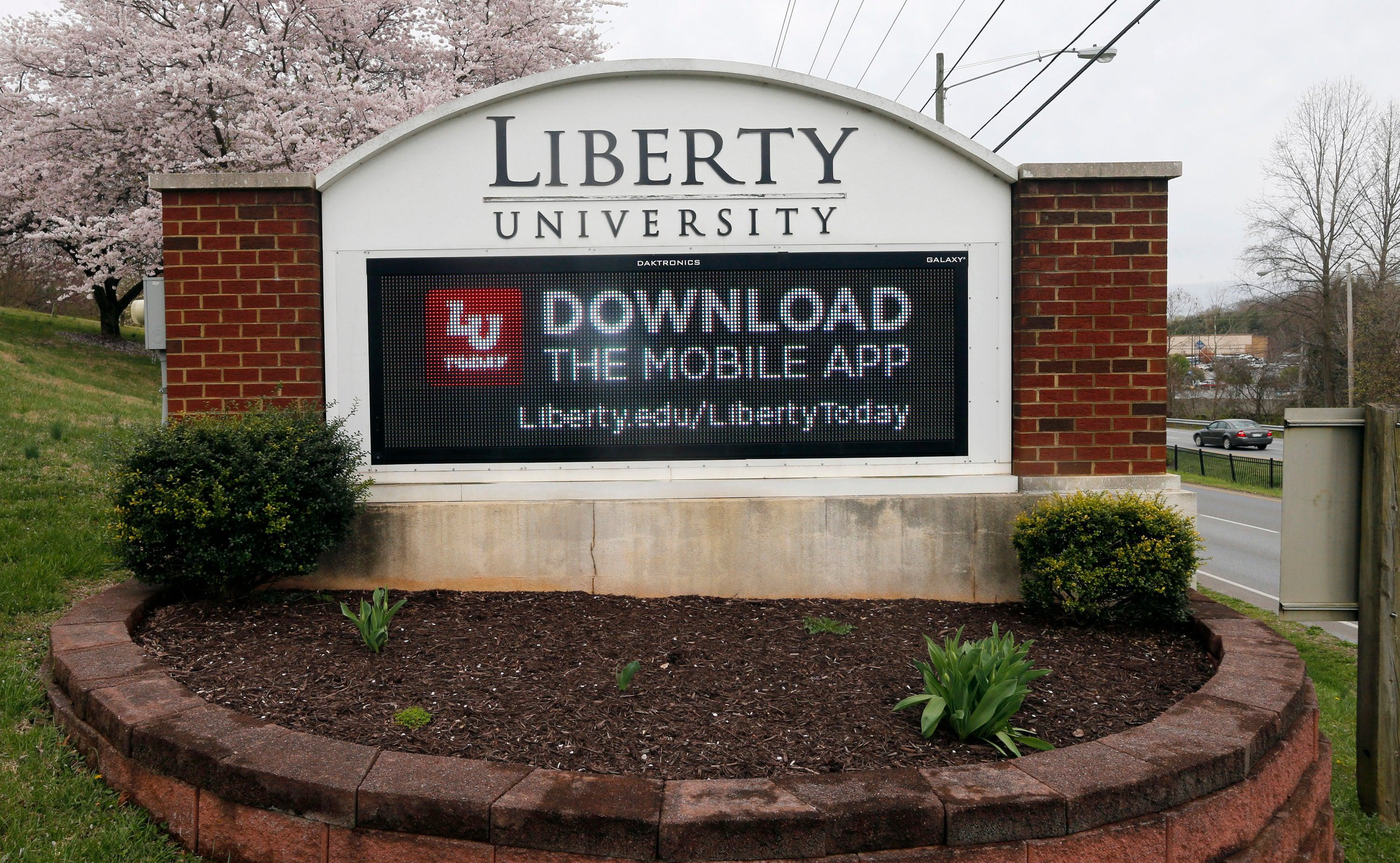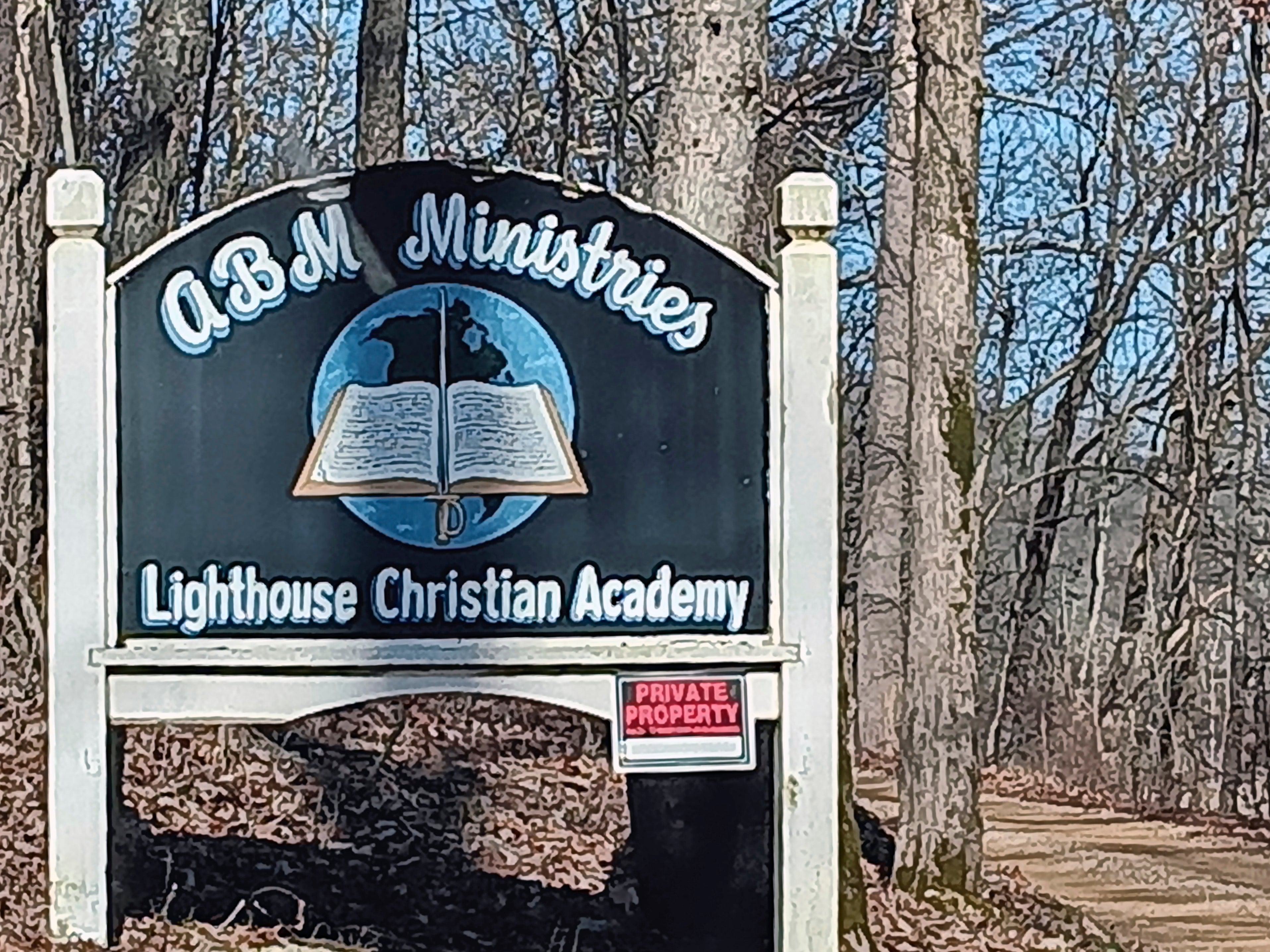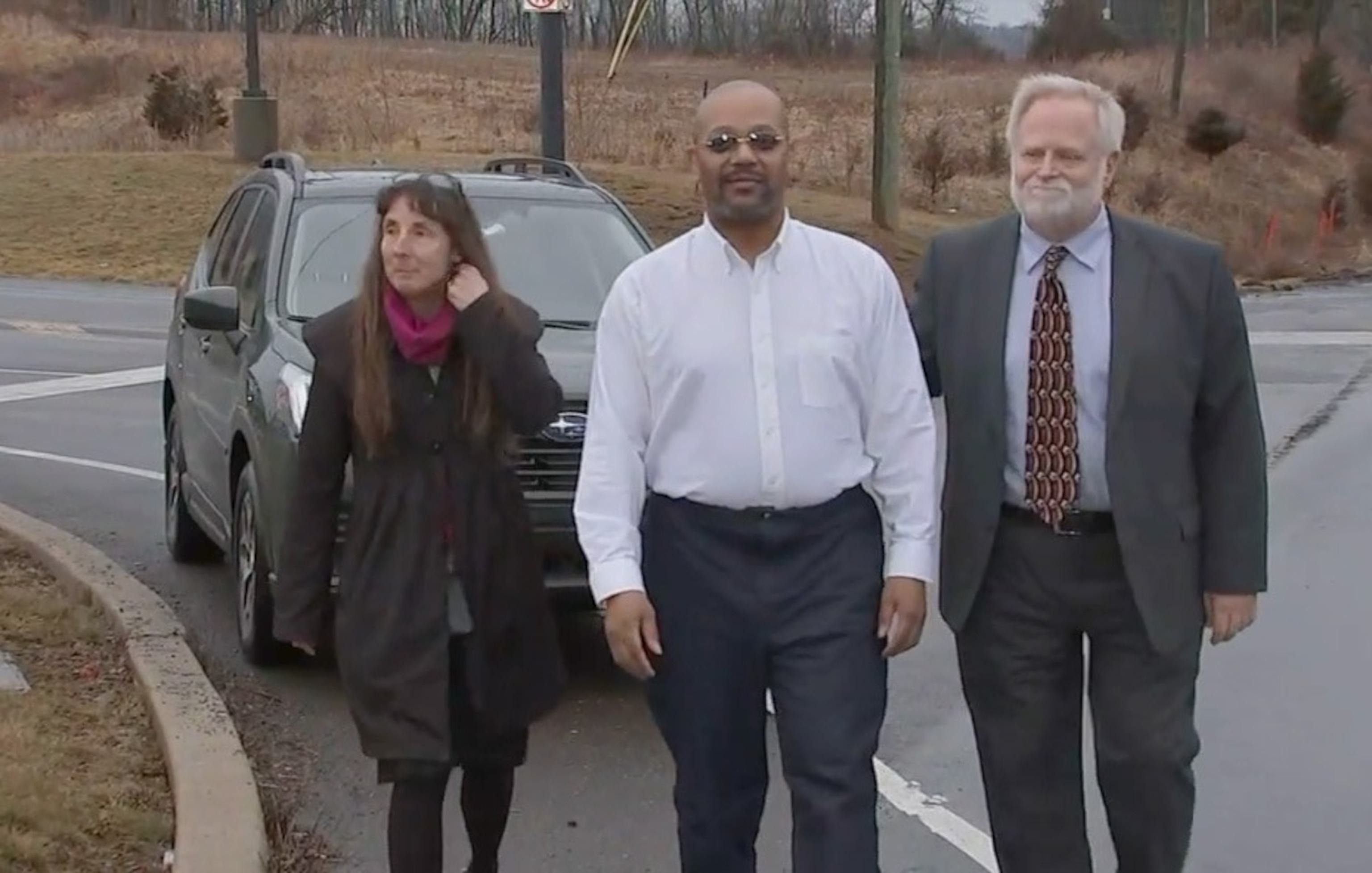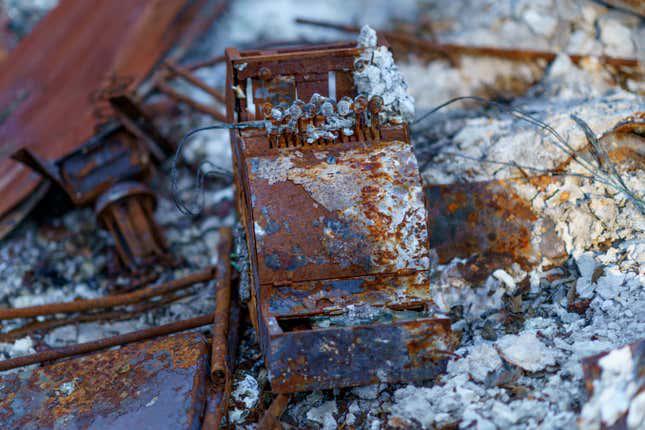Mexican church officials have helped arrange a truce between 2 warring drug cartels
February 26, 2024 - Reading time: 3 minutes
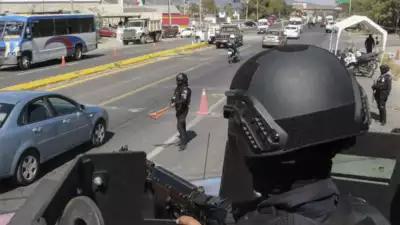
Mexico City (AP) — In an effort to reduce the violence and bloodshed in Guerrero, a state located in southern Mexico, Roman Catholic churchmen have played a crucial role in arranging a truce between two warring drug cartels.
This is not the first time that bishops and priests have attempted to get these criminal organizations to engage in dialogue with each other for the sake of peace. The implicit assumption behind such negotiations is that by dividing territories where they charge extortion fees and traffic drugs, there will be less violence and killing involved.
The truce involves leaders from the notoriously violent Familia Michoacana cartel and the Tlacos gang, also known as the Cartel of the Mountain. According to Rev. José Filiberto Velázquez, who was aware of the negotiations but did not participate in them, the talks have led to a significant decrease in violence within the area where these battles used to occur. However, he acknowledges that this truce is fragile and depends on the will of the gang leaders.
Drug cartels in Mexico frequently use social media platforms to post videos of dead or captured enemies as a way to intimidate rivals. This week, a video was posted showing cartel gunmen shooting, kicking, and burning the corpses of about 15 individuals who were believed to be working for La Familia cartel.
In recent months, turf battles between these criminal organizations have led to dozens of killings and transportation shutdowns in at least two cities within Guerrero state. Local media identified the dead as gunmen for the La Familia cartel.
Despite some critics saying that such talks illustrate the extent to which the government's policy of not confronting cartels has left average citizens to work out their own separate peace deals with these gangs, President Andrés Manuel López Obrador approves of these negotiations. He said, "Priests and pastors and members of all the churches have participated, helped in pacifying the country. I think it is very good."
However, he also added that he wouldn't support any agreement that meant granting impunity, privileges, or licenses to steal. This stance has been met with mixed reactions from church leaders who are involved in these negotiations. Some believe that the government should be doing more to provide safe conditions for its citizens, while others acknowledge the need for dialogue and peace talks when it comes to ensuring safety within their communities.
Many average Mexicans have resorted to paying protection payments to drug cartels out of fear of being attacked or having their homes or businesses burned down. The church has also suffered casualties in this conflict, with priests killed during these battles. Nonetheless, some gang leaders are willing to engage in talks with church leaders about the fate of missing individuals and other community concerns.
Drug cartels and gangs in Mexico don't just sell or smuggle drugs; they extort money from nearly every line of business within their controlled territories. Under López Obrador’s “hugs, not bullets” policy, the government has avoided direct confrontation with these criminal organizations, allowing them to essentially take control of a dozen or more mid-size cities where prices are higher due to added cartel taxes.
Retired Bishop Salvador Rangel, who previously headed the Chilpancingo-Chilapa diocese until 2022 and has experience in meeting with gang leaders for peace talks, told The Associated Press that truces between these criminal organizations often don't last long as broken agreements and betrayals.

DW Staff
David Lintott is the Editor-in-Chief, leading our team of talented freelance journalists. He specializes in covering culture, sport, and society. Originally from the decaying seaside town of Eastbourne, he attributes his insightful world-weariness to his roots in this unique setting.
